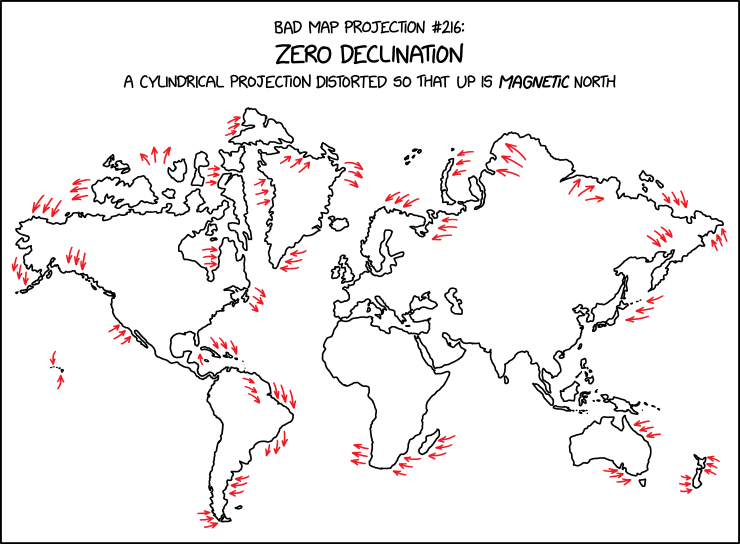I've seen all of these folks up close in suspended death, so it is a breathtaking experience to watch their reanimation.
This is especially so when they look like people you know. The male in the video, whom I refer to as "Ur-David", is the doppelgänger of my second oldest brother (èrgē 二哥) (Hughes 2011, p. 42a).
Selected readings
- Hughes, Samuel. "When West Went East", Pennsylvania Gazette (January-February, 2011), 42a-47b.
- "Of felt hats, feathers, macaroni, and weasels" (3/13/16)
- Mair, Victor H. “The Rediscovery and Complete Excavation of Ördek’s Necropolis.” The Journal of Indo-European Studies, 34.3-4 (Fall / Winter, 2006), 273-318.
- _____. "Ancient Mummies of the Tarim Basin: Discovering Early Inhabitants of Eastern Central Asia," Expedition Magazine (58.2 (2016).
- _____. "The Tarim Basin Mummies. Lecture: 1:08:52. November 3, 2010.
The exhibition Secrets of the Silk Road explores the history of the vast desert landscape of the Tarim Basin, located in Western China, and the mystery of the peoples who lived there. Located at the crossroads between East and West, oasis towns within the Tarim Basin were key way stations for anyone traveling on the legendary Silk Road. Extraordinarily well-preserved human remains found at these sites reveal ancient people of unknown descent. Caucasian in appearance, these mummies challenge long-held beliefs about the history of the area, and early human migration. The material excavated suggests the area was active for thousands of years, with diverse languages, lifestyles, religions, and cultures present. This exhibit provides a chance to investigate this captivating material to begin to uncover some of the secrets of the Silk Road. Dr Victor H. Mair, Curatorial Consultant for "Secrets of the Silk Road," and co-author, The Tarim Mummies, discusses the ongoing discovery of these extraordinary mummies, what we have learned-and what remains to be uncovered.
The exhibition "Secrets of the Silk Road" opened February 5, 2011 at the Penn Museum,
- _____. “Stylish Hats and Sumptuous Garments from Bronze Age and Iron Age Eastern Central Asia,” Orientations, 41.4 (May, 2010), 69-72.
- _____, ed. Secrets of the Silk Road. Santa Ana, California: Bowers Museum, 2010.
- _____ and Jane Hickman, ed. Reconfiguring the Silk Road: New Research on East-West Exchange in Antiquity. Philadelphia: University of Pennsylvania Museum of Archaeology and Anthropology (published by the University of Pennsylvania Press), 2014.
- Williams, Amelia. "Ancient Felt Hats of the Eurasian Steppe". In Victor H. Mair, ed., "The 'Silk Roads' in Time and Space: Migrations, Motifs, and Materials". Sino-Platonic Papers, 228 (July 2012), 66-93.
- "Tocharica et archaeologica" (12/20/24).
[Thanks to Zach Hershey]








